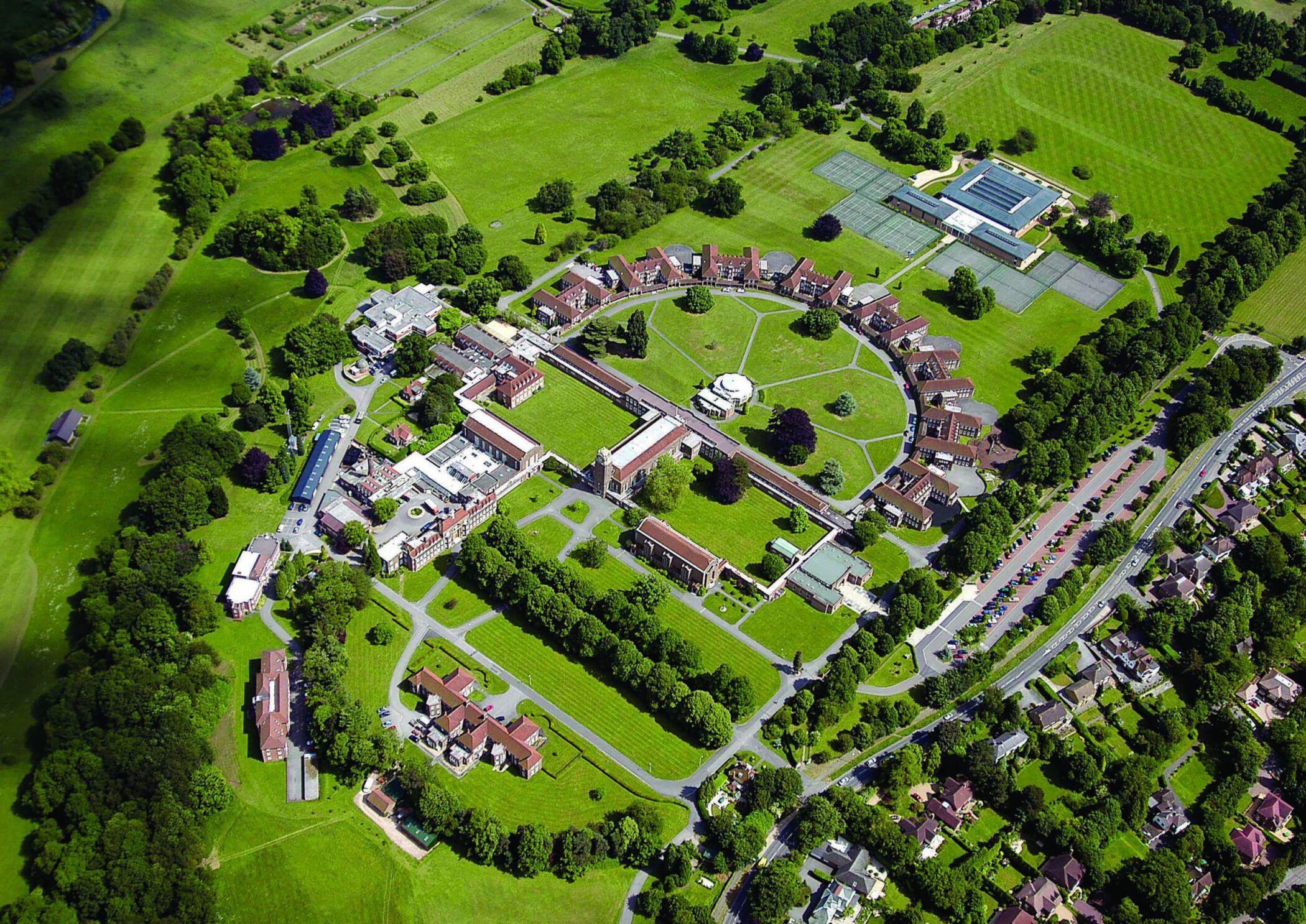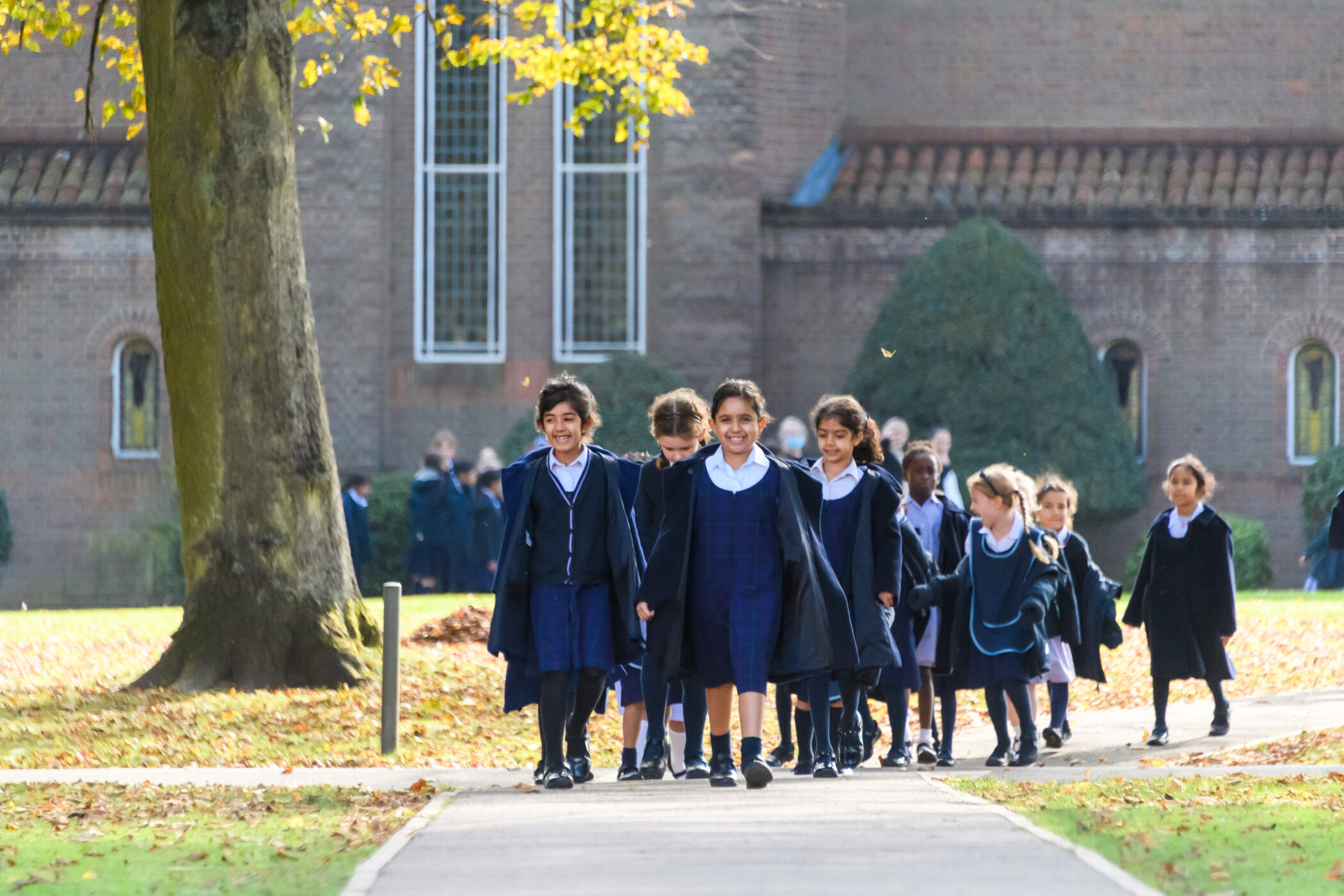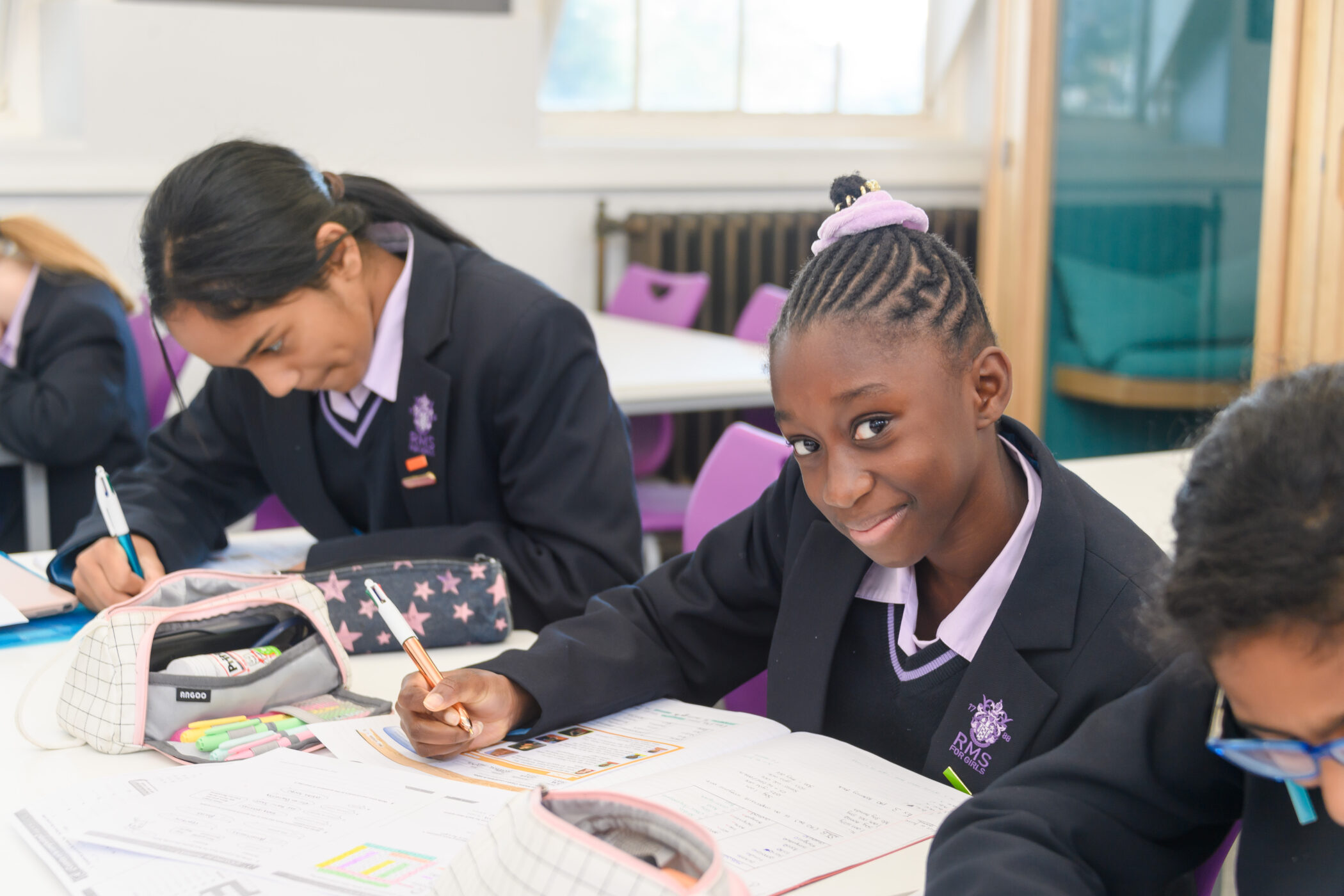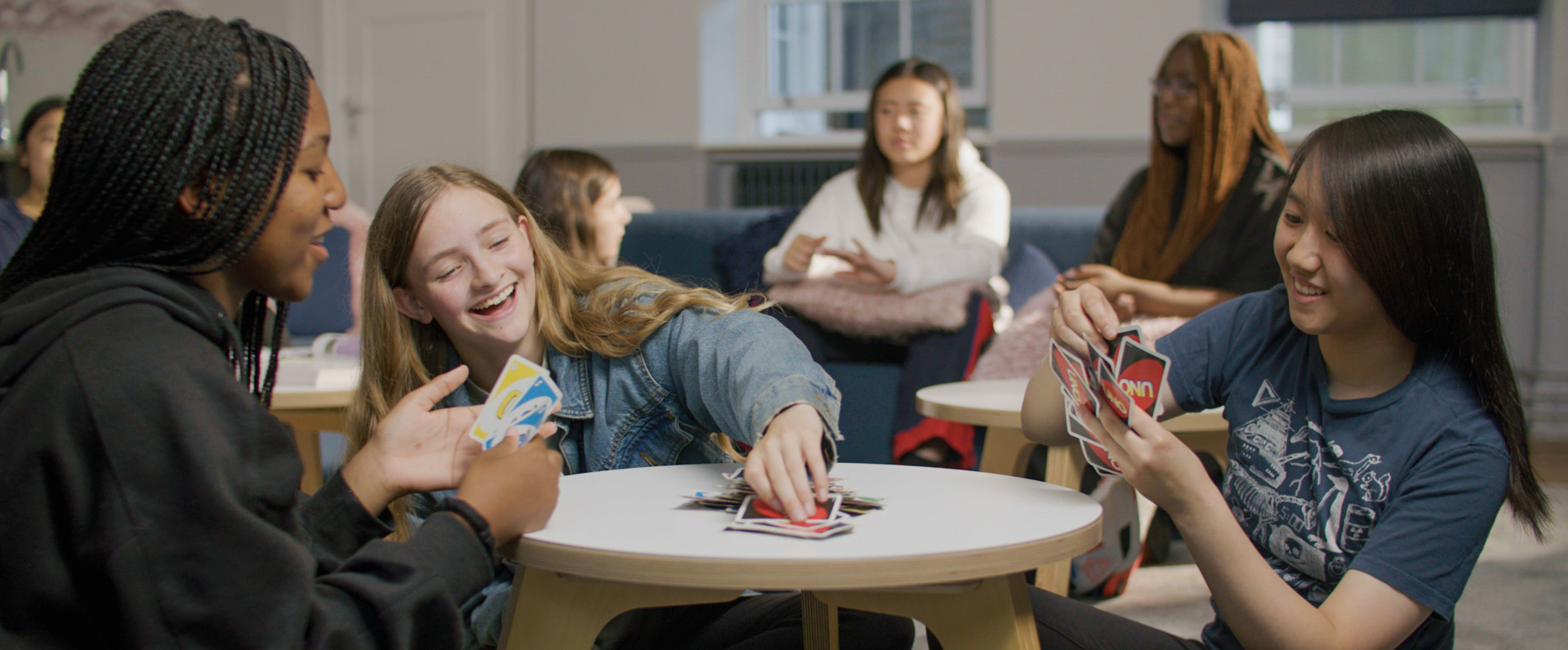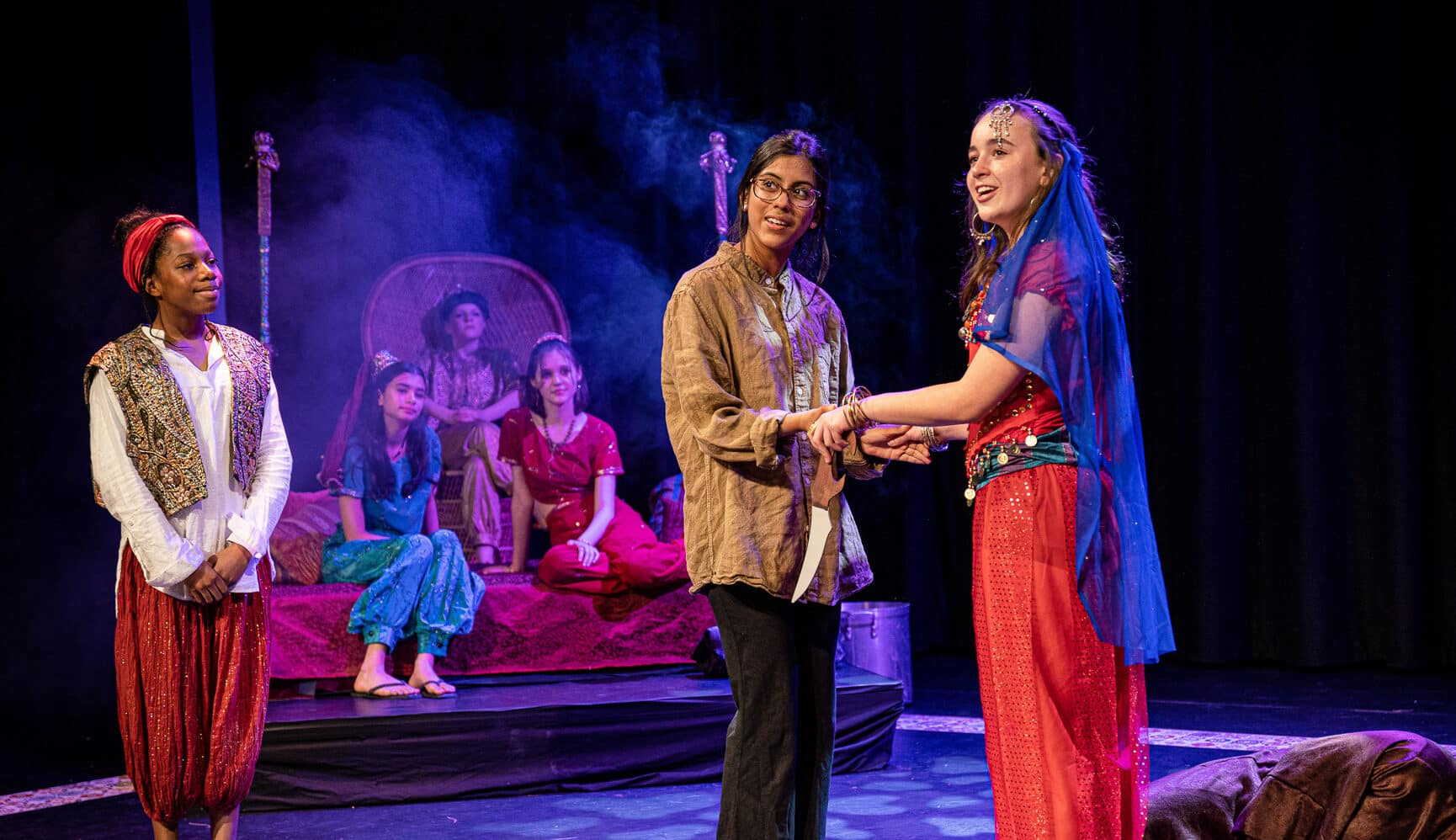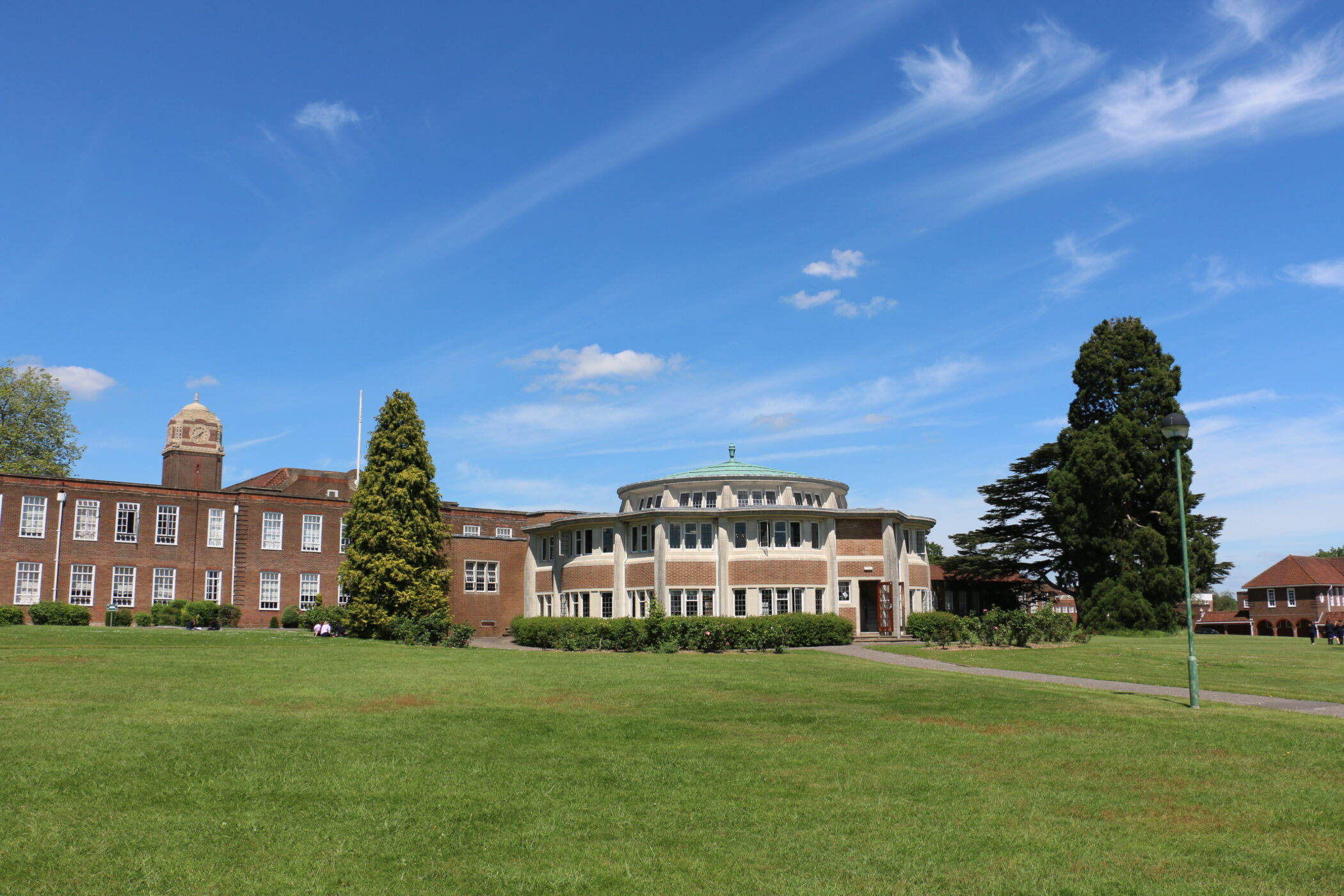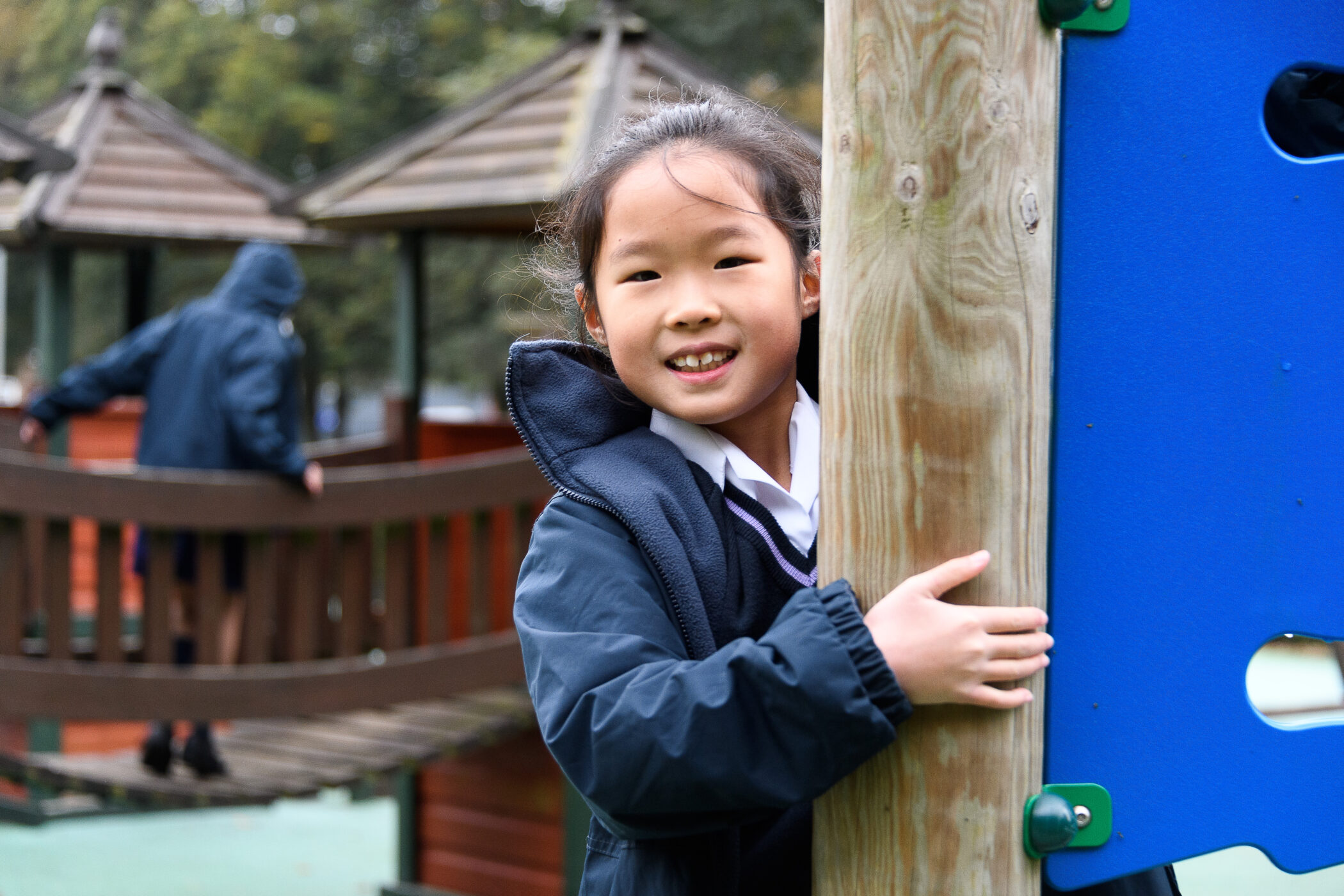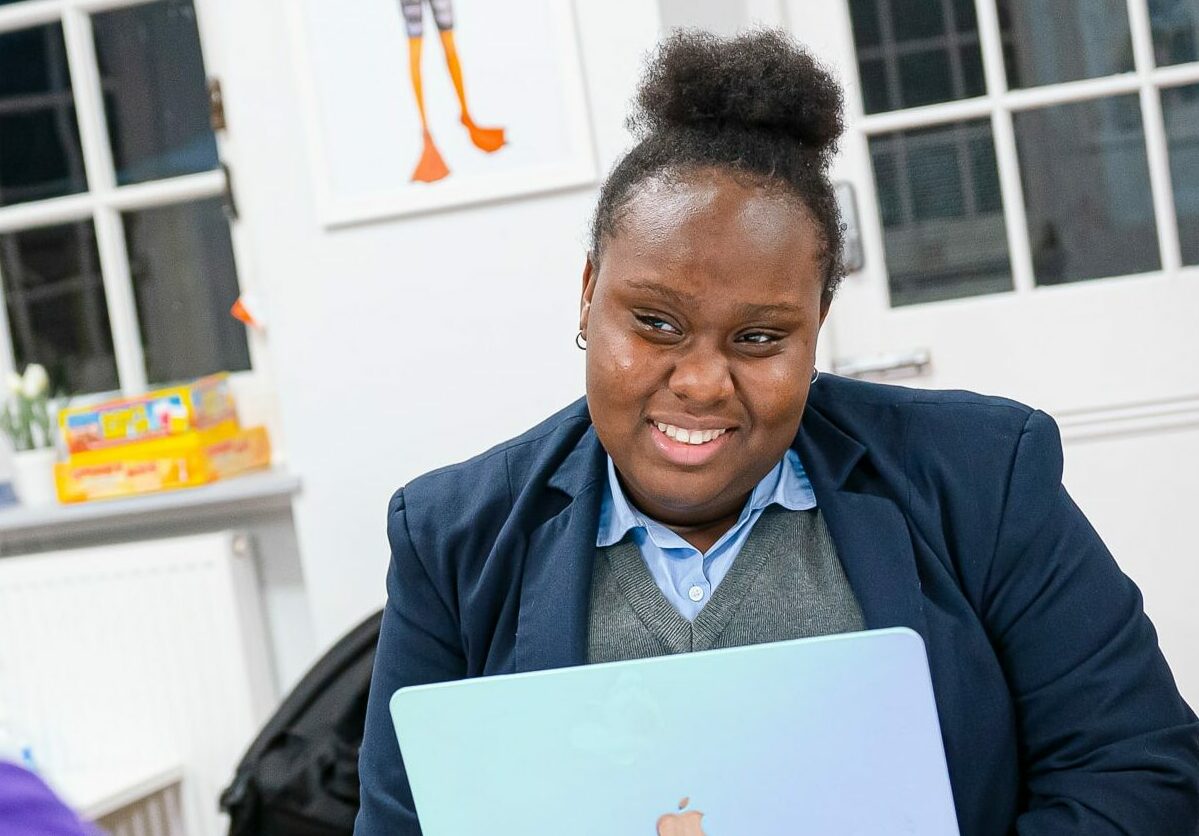Mutually-respectful relationships between students and staff are central to life at Hind House. We care deeply about our students in our care and go above and beyond to support their mental, physical and social wellbeing.
Pastoral Staff
Our staff build strong relationships with our students so they know that they always have somewhere to turn. The Hind House pastoral team and Form Tutor are responsible for students’ welfare, and boarders are additionally supported by a Housemistress and assistant; who are also members of our teaching staff. This dual role ensures staff can take a holistic view of a student’s progress and wellbeing. There are also weekly sessions for team meetings, affectionately known as Café Chat and one-to-one sessions with Tutors.
Community and Pupil Voice
We work hard to ensure that students know their voice is heard. Students meet twice a week for assembly, one of which is a whole school assembly and the other a House Assembly. Our School Council and Pupil Leadership team actively seeks the opinions of the student body and shares feedback with senior staff, and the head pupils meet with the senior leadership team each week.
Counselling
All students have access to professional counselling support. Louise Jones and Peter Smith have a combined 40 years of experience working with young people and are well-respected members of our school community. They work closely with the pastoral leadership team and help to alleviate any pressures that might fall onto a girl’s shoulders.
Medical Centre
The Medical Centre provides our pupils with a high standard of care seven days a week, 24 hours a day. At least one nurse is on duty at all times. A school doctor and physiotherapist are also available several times a week.
Safeguarding
Our staff share their commitment to safeguarding and promoting the welfare of children. We maintain a culture where young people feel able to share concerns, know how to approach adults if they find themselves in difficulty and where support is easily available and accessible. Our safeguarding team comprises staff who meet regularly to deal with cases and analyse pastoral trends.
Inclusion in our Sixth Form
At RMS our Inclusion department is called PALS (Provision of Assisted Learning and Support).
Our aim is to support students with additional needs to access the mainstream curriculum, reach their academic potential, and thrive at our school.
What types of need can be supported at RMS?
At RMS, we support our pupils across the four broad areas of need:
- Communication and interaction. For example; autistic spectrum disorder, speech and language difficulties
- Cognition and learning. For example; dyslexia, dyspraxia, dyscalculia
- Social, emotional, and mental health difficulties. For example; attention deficit hyperactivity disorder (ADHD)
- Sensory and/or physical needs. For example; hearing impairments, processing difficulties
Students at RMS need to be able to access our mainstream school environment independently, but we appreciate that some may need supportive strategies.
The department works closely with staff and parents to offer weekly one-to-one and small group lessons on general study skills or subject-specific support.
English support is given to girls whose first language is not English, which may include IELTS.
Who can the parents talk to about their child’s needs?
Mrs Hawkins, Director of Learning Support (SENCo), would welcome the opportunity to discuss your daughter’s needs in the Senior School and Sixth form.
